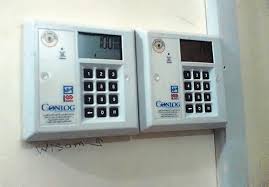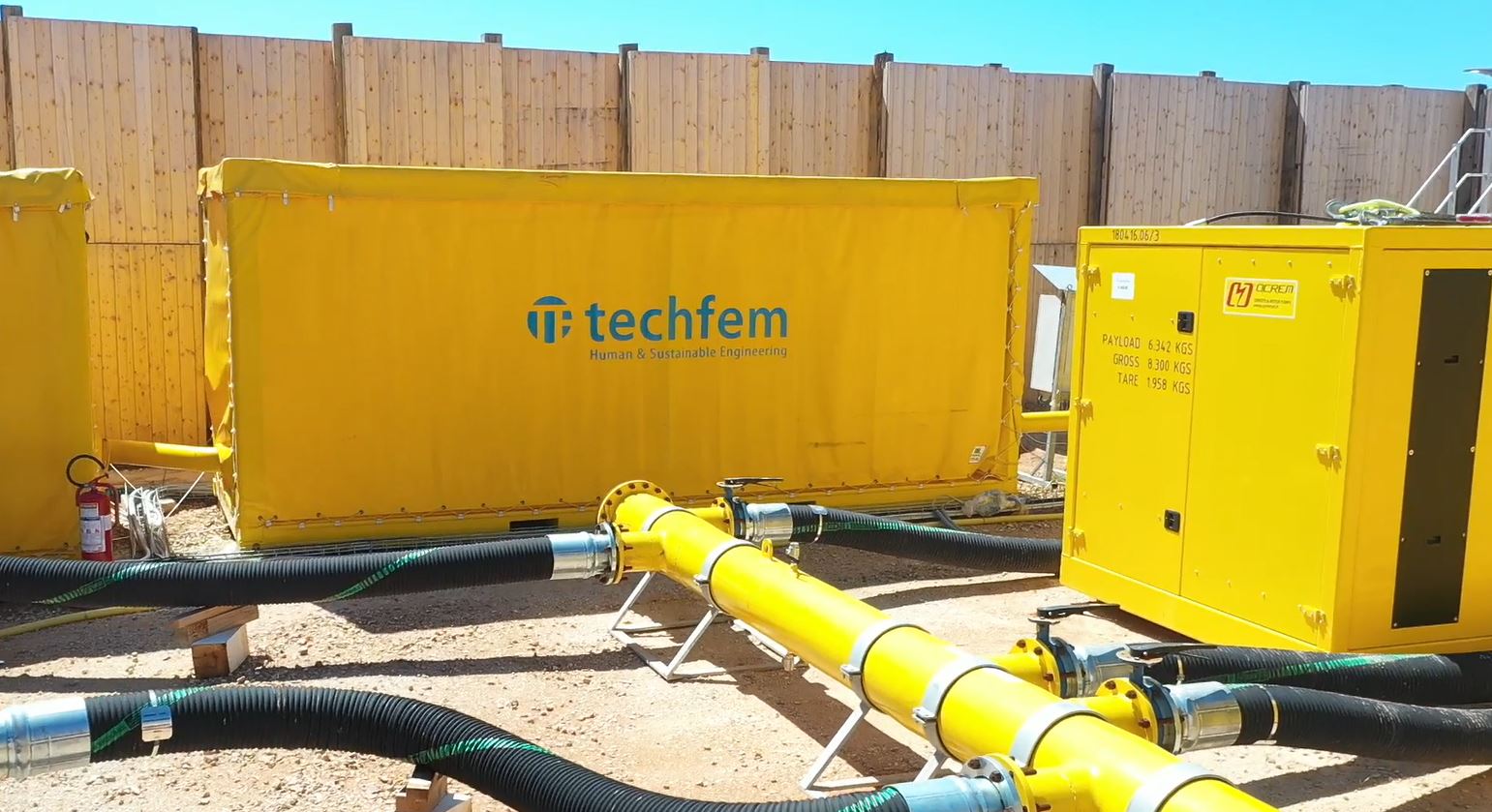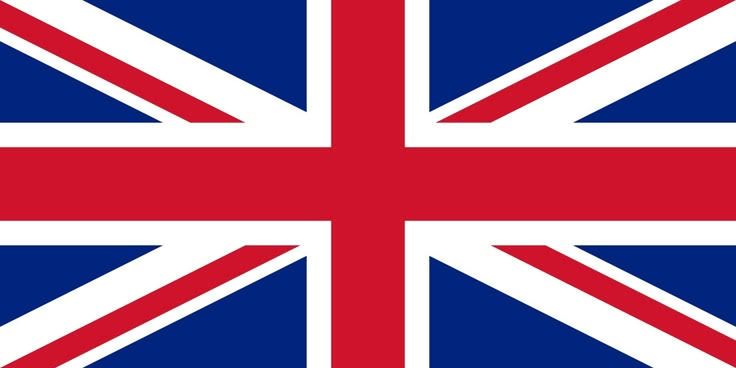The Meter Asset Provider (MAP) regulation is aimed at closing the metering gap and its attendant challenges in the Nigerian Electricity Supply Industry (NESI), the Nigerian Electricity Regulatory Commission (NERC) has said.
In a renewed bid to ensure that electricity customers only pay for what they actually consume, NERC has approved a regulation that provides for the supply, installation and maintenance of end-user meters by other parties approved by the Commission.
According hto a report by The Guardian, the regulation is expected to fast-track a closure of the metering gap and encourages the development of independent and competitive meter services in the electricity industry. The Meter Asset Provider (MAP) Regulation (Regulation No.NERC/R/112), which would become effective on April 3, 2018, introduces meter asset providers as a new set of service providers in Nigeria Electricity Supply Industry.
As assets with a technically useful life of 10-15 years, the regulation provides for the third-party financing of meters, under a Permit issued by the Commission, and amortisation over a period of 10 years. The electricity distribution companies, in line with their licensing terms and conditions, are obliged to achieve their metering targets as set by the Commission under the new regulation. The contracting of Meter Asset Providers shall be through an open, transparent and competitive bid process thus ensuring that meters are provided at a least cost to electricity customers.
Head, Pubic Affairs of NERC, Dr. Usman Abba Arabi noted that there are no free meters under the current tariff regime as all customers, including those on estimated billing, pay for a return on the investment made by electricity distribution companies on meters in their networks.
“Under the new MAP regulation, customer classes shall be amended to ensure that customers only pay for meters when a meter is physically installed in their premises.
The electricity bill of customers provided with a meter under the new regulatory framework shall comprise of two (2) parts – energy charge and metering service charge. The payment of metering service charge will be removed from the customer electricity bill upon the full amortisation of the meter asset over its useful life.
“All faulty meters are expected to be repaired or replaced free of charge within two working days, except in instances where it is established that the customer is responsible for the damaged meter,” he added.
According to him, in pursuit of promoting local content, the new MAP regulation mandates the investors to acquire a minimum of 30 per cent of their metering volume from indigenous meter manufacturers. “This local content threshold may be adjusted by the Commission from time to time in line with the verified manufacturing volume of local manufacturers.
“The 11 electricity distribution companies are expected to, within 120 days from the effective date of the regulation; engage the services of MAPs towards the achievement of their 3-year metering targets prescribed by the Commission.
“The performance of Meter Service Providers shall be governed by the provisions of the Meter Asset Regulation, technical codes of the electricity industry, and a Meter Services Agreement/Service Level Agreement signed with the distribution companies,” he said.









